INTERNATIONAL RELATIONS
INTERNATIONAL RELATIONS
Eight Venezuelan soldiers who had been captured by Colombians have been released
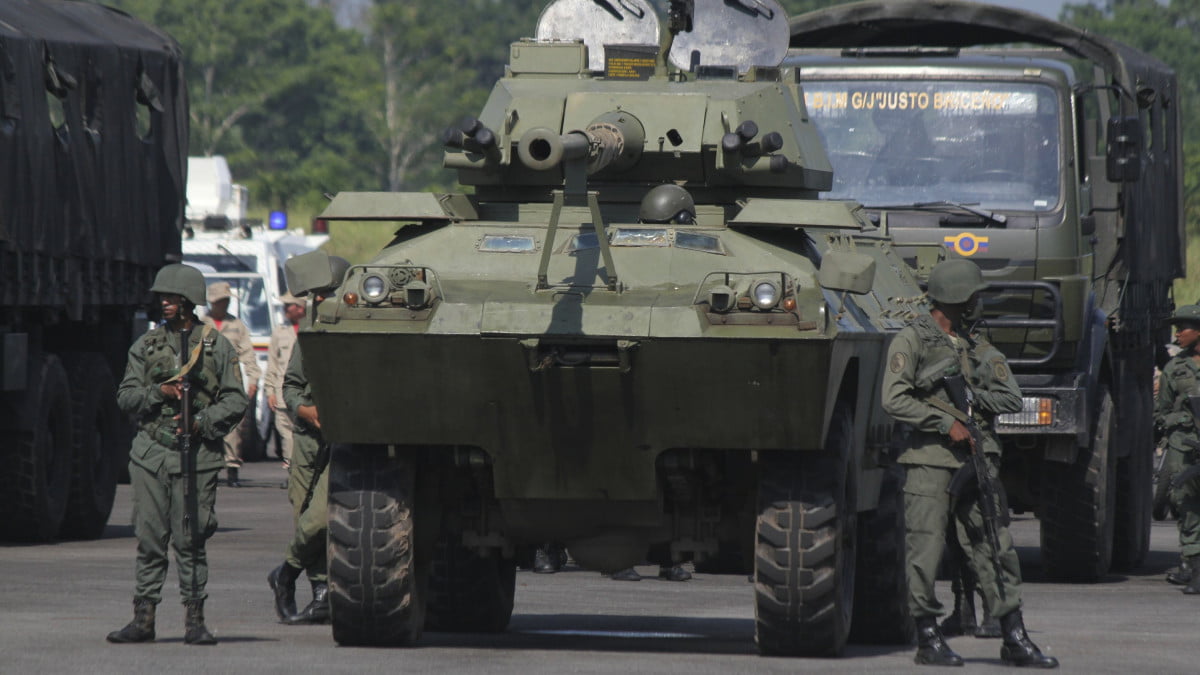
All eight men of the Venezuelan armed forces who were captured by a group of Colombian insurgents in the southwestern part of the country were released during a military “operation” yesterday Monday, the Ministry of Defence in Caracas announced.
“On May 31, eight professional soldiers held hostage by armed Colombian insurgents since the beginning of the month were released during Operation Aguila Centenaria,” the ministry said in a statement, clarifying that they are all “safe and sound”.
Also read: Colombia | At least 9 people were killed in a Black Hawk helicopter crash in the jungle
“Besides, we announce that we are looking for (another) two soldiers” who have disappeared, according to the announcement, which does not give any other details about the operation. “We thank all those who made this rescue possible (…) the lives and physical integrity of our soldiers are above all (…) we will continue to fight against organizations that want to use our sacred national territory to commit cross-border crimes that harm the peace, development and stability of the country,” the text adds.
Shortly before the Ministry of Defence’s press release, the human rights organization Fundaredes, which had revealed that all eight soldiers had been taken prisoner, announced that they had been released.
“According to our information, some people have contacted their families, they are undergoing medical examinations in Caracas,” Javier Tarasona, the director of this NGO, said on Twitter. The said NGO criticizes the government of socialist President Nicholas Maduro and is generally well-informed about developments in the region.
On May 15, Venezuelan Defence Minister Vladimir Pantrino Lopez denounced the “abduction” of troops in the state of Apure, where fighting has been going on between Colombian insurgents and the army since March 21. He had confirmed at the time that Caracas “made contacts that would lead to their forthcoming release”, explaining that the Venezuelan government was working in coordination with the Red Cross.
Also read: Venezuela | Fierce clashes of army with Colombian armed groups – VIDEO
Conflicts have been raging since late March and there is widespread insecurity on the porous Venezuela-Colombia border, with 16 casualties in the armed forces, according to the official report of the Ministry of Defence, which also speaks of dozens of “casualties” suffered by the enemy and of over thirty captives.
Thousands of civilians have been forced to flee their homes in the area. In mid-May, Colombia announced that it was trying to “verify” the death of Jesus Sandric in a conflict in Venezuela. The latter was one of the leaders of the former FARC guerrilla group, who was involved in the negotiations that led to the conclusion of the 2016 peace agreement. Later, however, he withdrew and rejected it.
Caracas, which has deployed strong reinforcements in the region, announced in March that it was conducting operations to liberate parts of its territory from armed Colombian insurgent groups that had infiltrated them. Venezuela accuses insurgent groups of planting anti-personnel mines and drug trafficking.
He has also accused Colombian President Ivan Duque of being involved. Sources close to the Colombian intelligence service claim that the rioters with whom the Venezuelan army is fighting are FARC insurgents. Although most of the 13,000 members of the once most powerful rebel group on the American continent laid down their arms after the peace agreement, groups of “dissidents” reject the process and resume armed action.
These groups, without a single command, funded by the trafficking of illicit drugs and minerals, mainly gold, have been reinforced in isolated areas of Colombia, according to the country’s military intelligence service.
President Maduro has acknowledged that there is indeed a possibility that the insurgents may be apostates of the FARC. Usually, Caracas avoids referring to these apostates.
Bogota and Caracas, despite sharing a 2,200-kilometer border, have severed diplomatic ties after Colombian right-wing President Ivan Duque recognized the opposition leader, Juan Guaido, as Venezuela’s legitimate interim leader, in January 2019. The relations of the two neighboring states with ideologically rival governments are extremely tense.
Also read: 2020 | A year full of wars – The deadliest conflicts around the world
NEWSLETTER SUBSCRIPTION
Ukraine | Increase in defence spending by 367 million euros for the acquisition of drones
Kiev is increasing spending by 15.5 billion hryvnias (367 million euros) to bolster Ukraine’s armed forces with drones, according to…
Russia | Cluster bombs hit residential area in Odessa
Images from Russia’s strike in the heart of Odessa, which hit the so-called “Harry Potter Castle”, a former politician’s mansion now…
France | Industries prioritize orders of anti-aircraft missiles
The Armed Forces Ministry of France has instructed industries involved in the production of Aster anti-aircraft and anti-ballistic…
HNDGS | Bilateral joint training between Greece and Poland – Photos
The bilateral joint training between the Armed Forces of Greece and Poland, in the wider area of Attica, was completed on Thursday…
Sielman | Contract for support of the HAWK anti-aircraft system
The US Department of Defence has awarded a $49.9 million contract modification to Greek company Sielman S.A. to provide diagnostic and…
Hellenic Entrepreneurs Association | Ideas & Positions for the Promotion of Greek Entrepreneurship
The members of the Hellenic Entrepreneurs Association (E.E.N.E.) participated in a roundtable discussion entitled “Ideas, Positions…
Ukraine | Increase in defence spending by 367 million euros for the acquisition of drones
Kiev is increasing spending by 15.5 billion hryvnias (367 million euros) to bolster Ukraine’s armed forces with drones, according to…
HMoND | The legislative initiative for HCDI is under consultation
The legislative initiative of the Ministry of National Defence, under the title: “Establishment of the Hellenic Center for Defence…
Russia | Cluster bombs hit residential area in Odessa
Images from Russia’s strike in the heart of Odessa, which hit the so-called “Harry Potter Castle”, a former politician’s mansion now…




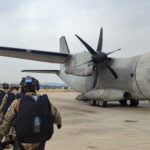
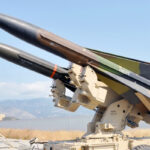

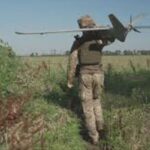
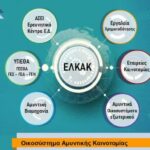

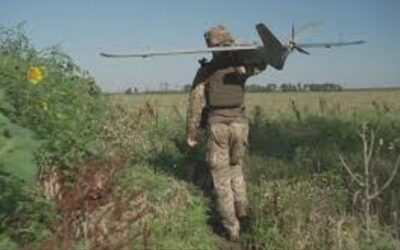
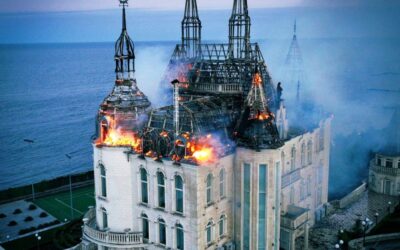
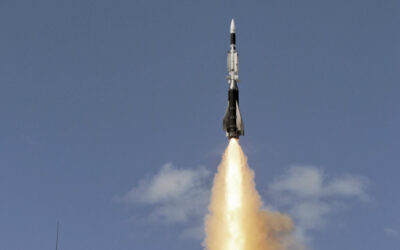
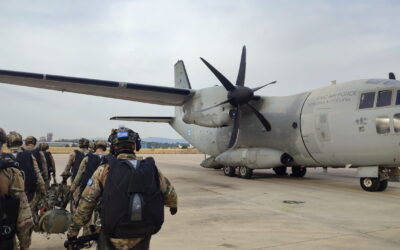
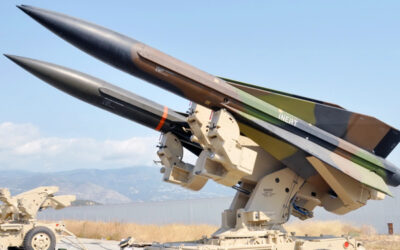
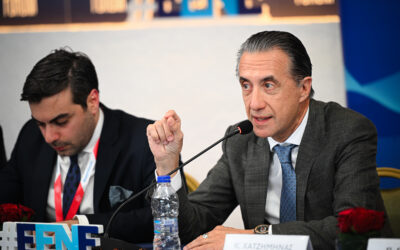
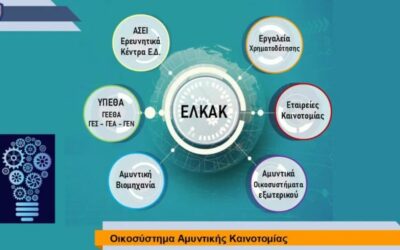
0 Comments